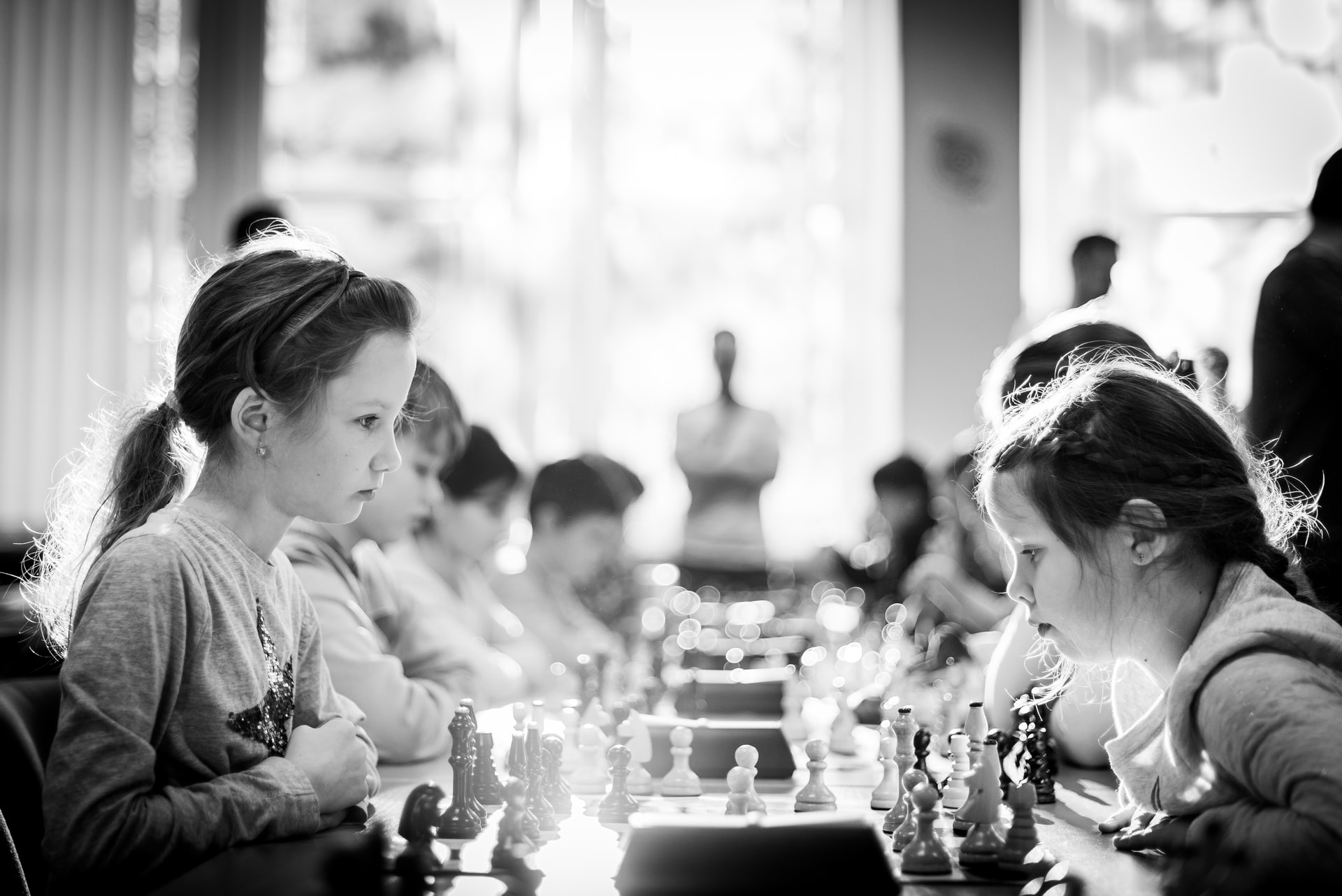Media release
From: PNASAnalysis of professional chess games reveals a hump-shaped curve in performance over the lifespan, and an increase in performance over the past 125 years, according to a study. Relatively little is known about how performance on cognitively demanding tasks varies over the lifespan, and how this age-related performance pattern has changed over time. Uwe Sunde and colleagues analyzed more than 1.6 million moves in more than 24,000 professional chess games that took place between 1890 and 2014. To measure performance, the authors compared each move made by players to the optimal move recommended by a computer-based chess engine. Over the lifespan, performance increased sharply until the early 20s, peaked at approximately 35 years, then declined slightly after 45 years. Over the past 125 years, performance has improved, especially for individuals less than 20 years of age. In particular, performance rose most steeply during the 1990s, when chess engines on home computers became more widely available. The past 125 years also witnessed an increase in experience, defined as the number of previously played professional chess games. According to the authors, the emergence of chess engines and online playing opportunities in more recent years may have enabled players to accumulate increased chess knowledge and preparation early in life.


